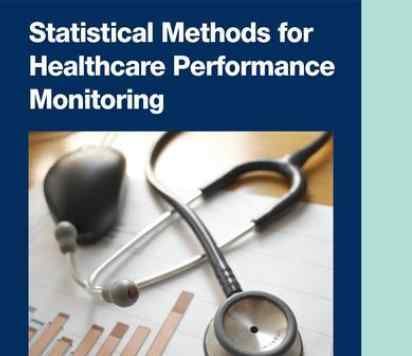Start and end dates
2007 to present
Funder
Project summary
Background
Since 2007, the Dr Foster Unit has been notifying NHS trusts of possible high mortality outcomes for a range of diagnosis and procedures. Each month, we write to trusts with clear signals and share our findings with the Care Quality Commission. Partly as a result of our alerts, the CQC instituted an inquiry which resulted in a damning report on the delivery of emergency care at Mid Staffordshire NHS Trust.
The origins of the monthly mortality alerting system lie in analyses commissioned by the Bristol Royal Infirmary Inquiry in 1999 examining paediatric cardiac surgical outcomes at the Bristol Royal Infirmary. Our group confirmed serious concerns around the surgical outcomes at Bristol and established the usefulness of routine administrative data (Hospital Episode Statistics) in helping to identify quality of care issues. In further research commissioned by the Shipman Inquiry and published in 2003, our group established the role that statistical process control charts (specifically log likelihood CUSUM charts), and other routinely collected data (from death certificates) could play in the continuous surveillance of healthcare outcomes, and in this specific case, the detection of unusual patterns of patient mortality within General Practices. Since then we have demonstrated that coverage and completeness of routinely collected administrative data is comparable (or better) compared with clinical audit data. We have used mortality rates (because these are well recorded) as a potential reflection of quality of care, with the inference that possibly more less serious complications underlie them. We have subsequently published other indicators on safety stroke care and returns to theatre based on administrative data.
In 2014 we received NIHR funding for a two-year project 'National Surveillance System for Mortality Alerts' to improve the understanding of mortality alerts and evaluate the impact of the alerts as an intervention.
Dr Foster Unit Imperial College Mid Staffordshire Inquiry
Outputs
- Bottle A, Aylin P. Predicting the false alarm rate in multi-institution mortality monitoring. J Oper Res Soc 2011;62(9):1711-1718. SpringerLink
- Gandy A, Kvaloy JT, Bottle A, Zhou F. Risk-adjusted monitoring of time to event. Biometrika 2010; 97(2): 375-388. PubMed
- Bottle A, Aylin P. Intelligent information: A national system for monitoring clinical performance. Health Serv Res 2008; 43: 10-31. PubMed
Privacy notice
The Dr Foster Unit at Imperial College London uses your health information for a number of purposes. The Dr Foster Unit GDPR Privacy Notice (PDF) provides a summary of how we use your information.
